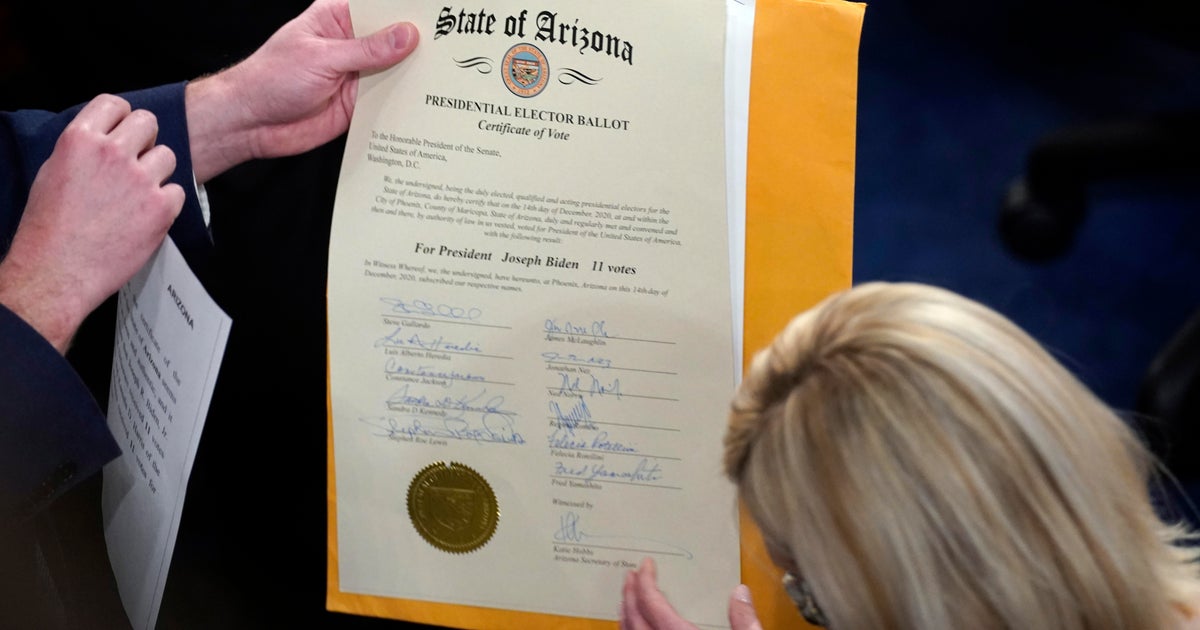Star Tribune
Local sales tax measures win approval in several Twin Cities suburbs
Richfield voters approved a half-cent sales tax to raise $65 million for a new community center, updates for Veterans Park, and a new educational facility at Wood Lake Nature Center.
But in Roseville, results were split: Voters approved a half-cent sales tax for one of two city projects on the ballot, saying yes to a $64.2 million facility for the public works and parks departments but no to a $12.7 million license and passport center.
Voters in Cottage Grove rejected a half-cent sales tax for 25 years that would have funded three projects: $17 million for improvements to Hamlet Park to include a new building, play equipment, a skateboard park and other amenities; $13 million for improvements to the 33.3-acre Mississippi Dunes Park; and $6 million for improvements to the River Oaks Golf Course and Event Center that would include pickleball courts, indoor multi-sports simulators a winter mountain biking course and other amenities.
Cottage Grove Mayor Myron Bailey said the city tried to make it clear that the half-cent sales tax would cover all three projects, but some voters may have thought that each required its own tax. The projects remain part of the city’s long-term capital improvement plans and may be picked off one by one as funding allows. The Hamlet Park skateboard park, for example, is planned for construction in three years, Bailey said.
The Mississippi Dunes riverfront park may be eligible for state or federal funding, so the city will start looking for other options to move that piece forward, he added.
Greta Kaul and Liz Navratil contributed to this story.
Star Tribune
A divided Minnesota grapples with the elation and despair of a second Trump presidency

From Chatfield to Duluth, Minnesotans took stock of a resounding victory for Donald Trump over Kamala Harris and kept some of their focus on local races.
Read the original article
Star Tribune
Legislative leaders puzzling out split House rules before likely recounts

The leaders have yet to start hashing out the details of a power-sharing agreement. The House Democratic caucus is set to vote on its leadership on Thursday afternoon, and Hortman said she will seek leadership again, and the Republican caucus votes Friday morning. When the party leaders are in place, Demuth and Hortman said, power-sharing negotiations can start.
An evenly-divided House is not unprecedented, Hortman said.
In 1979, Republicans held the speakership, in exchange for giving Democrats leadership of the most powerful committees. But the session ended with a Republican member forced out for campaign law violations.
Hortman called the 1979 arrangement “archaic” and said she was researching more recent power-sharing models in other state legislatures.
After the way last session ended, which Hortman characterized as a three-week filibuster, she said she hoped shared power could lead to more getting done, because it would not make any sense to bring a partisan bill to the floor knowing it could not pass.
Star Tribune
Second Trump presidency raises questions for Minnesota health care
But investors view a second Trump administration as good news for insurers who take part in Medicare Advantage, the privatized alternative to the Medicare health insurance program for seniors. The Biden administration has been changing risk adjustment payments within the program in ways that insurers regard as a price cut, which has impacted UnitedHealth Group, the largest Advantage insurer in the nation.
“The switch to Republican leadership could ease those pressures a bit, given the Republicans support these privatized plans for senior citizens,” Julie Utterbeck, another analyst with Morningstar, wrote Wednesday in a research report. “At the very least, we would expect regulators to stop turning the screws so hard on Medicare Advantage beyond current risk-adjustment initiatives that are projected to be completed in 2026.”
One of the key areas of concern for state public health officials is Kennedy, who on Wednesday suggested to NBC News that a new administration should wipe out entire divisions of the Food and Drug Administration, such as its nutrition department.
In a social media post on X last month, Kennedy warned FDA leaders to “pack your bags” because the agency has been influenced by the pharmaceutical industry in its “aggressive suppression of psychedelics, peptides, stem cells, raw milk, hyperbaric therapies, chelating compounds, ivermectin, hydroxychloroquine, vitamins, clean foods, sunshine, exercise, nutraceuticals and anything else that advances human health and can’t be patented by Pharma.”
That list includes two drugs that were extensively studied by University of Minnesota researchers but ultimately determined as ineffective as treatments for COVID-19. Kennedy also wants to halt the addition of fluoride to drinking water. Jensen said he was in dental training before medical school, and that there is solid science supporting its use to reduce tooth decay. However, he said he welcomed the conversation over its use.
The danger with Kennedy is that he misunderstands the ever-evolving nature of science and cherry-picks data and isolated reports of injuries to support anti-science views, said Michael Osterholm, director of the University of Minnesota’s Center for Infectious Disease Research and Policy who also served in Trump’s first administration as an envoy to other nations on influenza preparedness. He likened Kennedy to someone opposed to seat belts based on one case of the restraints trapping a driver in a burning car.



